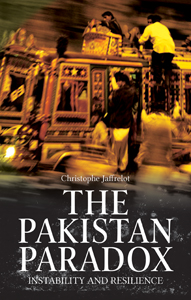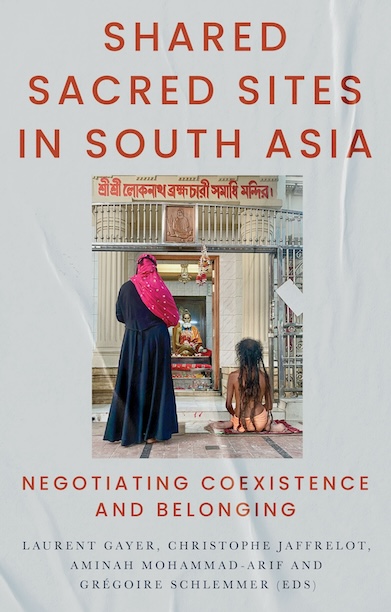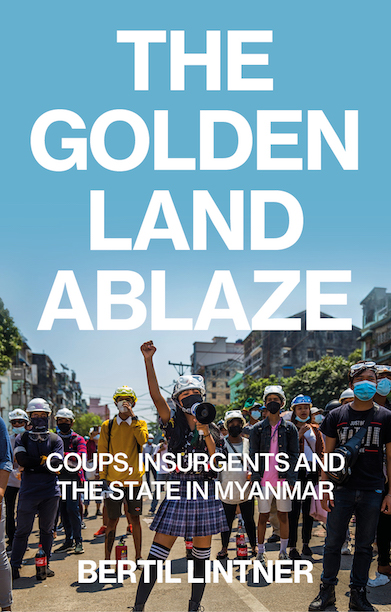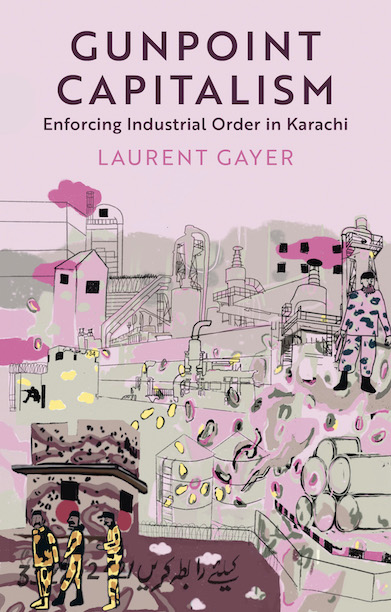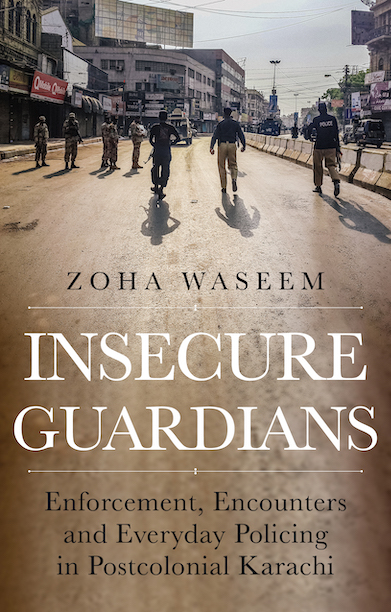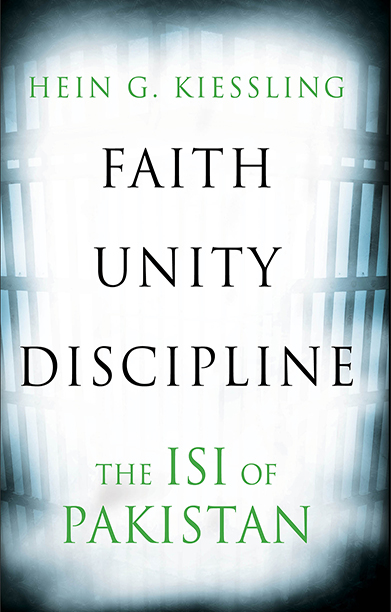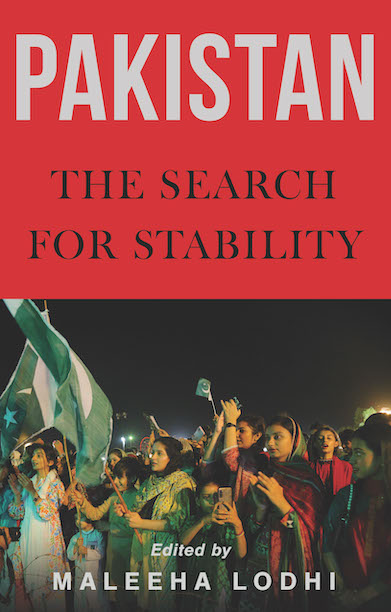The Pakistan Paradox
Instability and Resilience
Part of the CERI/Sciences Po. seriesA fresh political history of Pakistan that explains the resilience of the state and its people and how both persevere against the odds.
A Foreign Affairs Book of the Year 2016
Description
Pakistan was born as the creation of elite Urdu-speaking Muslims who sought to govern a state that would maintain their dominance. After rallying non-Urdu speaking leaders around him, Jinnah imposed a unitary definition of the new nation state that obliterated linguistic diversity. This centralisation — ‘justified’ by the Indian threat — fostered centrifugal forces that resulted in Bengali secessionism in 1971 and Baloch, as well as Mohajir, separatisms today.
Concentration of power in the hands of the establishment remained the norm, and while authoritarianism peaked under military rule, democracy failed to usher in reform, and the rule of law remained fragile at best under Zulfikar Bhutto and later Nawaz Sharif.
While Jinnah and Ayub Khan regarded religion as a cultural marker, since their time theIslamists have gradually prevailed. They benefited from the support of General Zia, while others, including sectarian groups, cashed in on their struggle against the establishment to woo the disenfranchised.
Today, Pakistan faces existential challenges ranging from ethnic strife to Islamism, two sources of instability which hark back to elite domination. But the resilience of the country and its people, the resolve of the judiciary and hints of reform in the army may open.
Reviews
Selected as one of The Economist‘s ‘Six Books to Read About Pakistan’
‘This is one of the few truly honest books I’ve read on Pakistan. Not interested in pushing the agenda of any one country, a single political organisation, or indeed anything else, Jaffrelot has produced a courageous and clear-eyed analysis of that country’s history and politics. In addition to gathering and presenting a very large amount of information on Pakistan in a concise and analytically sophisticated way, Jaffrelot has performed the inestimable task of providing the reader with a solid argument.’ — Faisal Devji, University Reader in South Asian History, St Antony’s College, University of Oxford, author of Muslim Zion: Pakistan as a Political Idea
‘Broad in sweep and brimming with insights: this is an outstanding analysis of Pakistan’s troubled trajectory by one of France’s most perceptive scholars of South Asia. Jaffrelot offers a compelling assessment of a country held in stable instability by deep and unresolved historical contradictions centring on the rival claims of a centralised state against the appeal of ethno-nationalism; of an entrenched culture of authoritarianism (both civil and military) against popular opposition, and of an overarching discourse of “Islam” against the language of cultural diversity. A tour de force that will make you think again about one of the most complex countries in the world.’ — Farzana Sheikh, author of Making Sense of Pakistan
‘This book is the most comprehensive exposé of the various paradoxes of contemporary politics in Pakistan: the riddle of how a Muslim nationalism in British India; the problematic democratisation of the post-military state in the absence of a strident civil society; and the progression of Islam from ideology to policy, underscored by a widening chasm between Islamists and modernists, between Muslims and non-Muslims, and between Sunnis and sectarian minorities. A monumental work.’ — Mohammad Waseem, Professor of Political Science at Department of Social Sciences, Lahore University of Management Sciences
‘Christophe Jaffrelot, a long-time French scholar of South Asia, has written a fine overview of contemporary Pakistan … [T]his book is a superb guide to the cultural and social roots of the Pakistan movement as well as of contemporary Pakistan.’ — Stephen P. Cohen, India Today
‘Pakistan is torn by many forces: feuding ethnolinguistic groups, warring political parties dominated by the rival Bhutto and Sharif families, competing military and civilian power centers, and sectarian rifts. Jaffrelot describes this bewildering tangle in historical depth and forensic detail but also uncovers a central dynamic beneath it: the effort of an aristocratic Urdu-speaking landed elite to preserve its quasi-feudal social privileges. … Yet Jaffrelot finds the country paradoxically resilient: the very fractiousness of the political system hinders any radical departure from the status quo.’ — Foreign Affairs
Author(s)
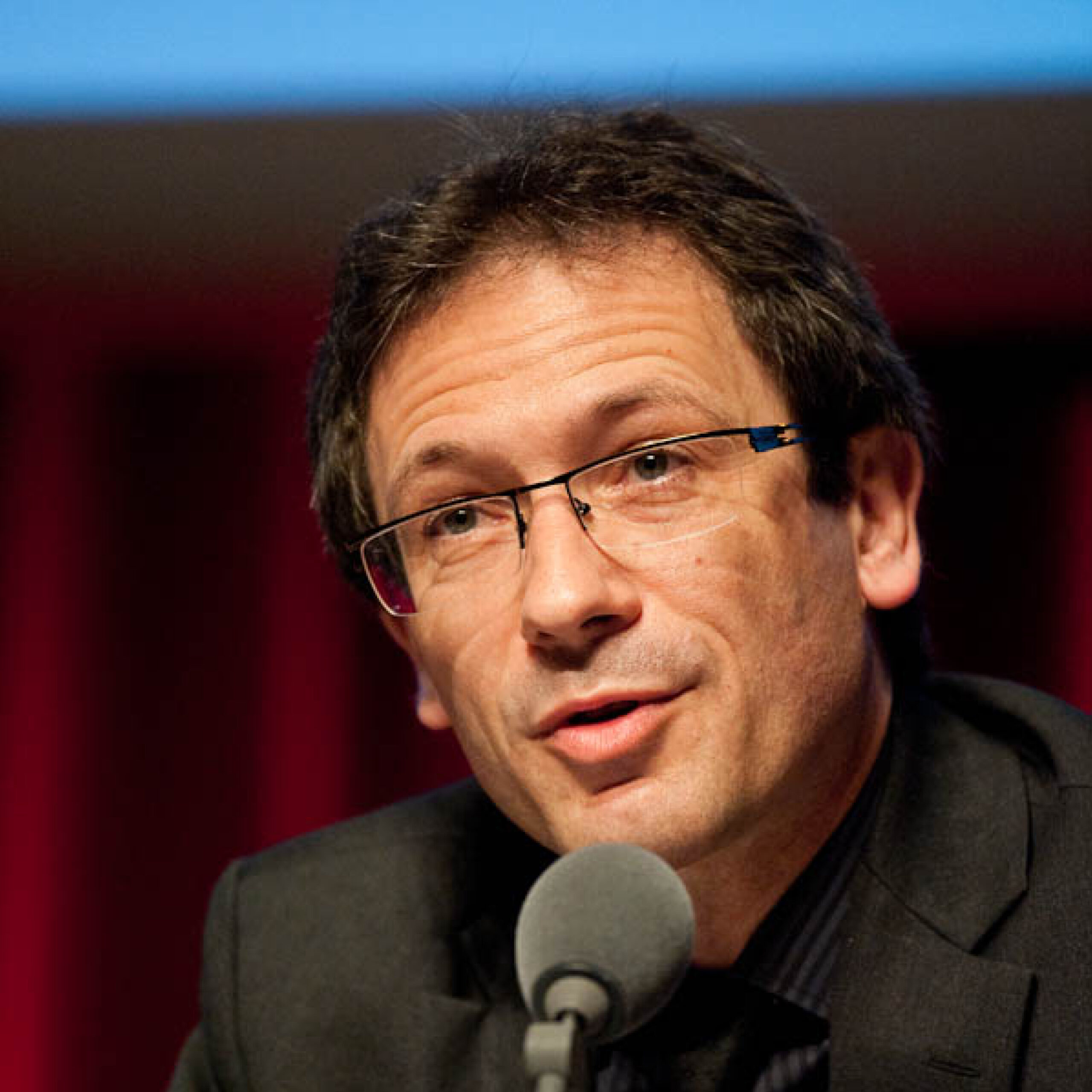
Christophe Jaffrelot is Avantha Chair and Professor of Indian Politics and Sociology at the King’s India Institute, and Research Lead for the Global Institutes, King’s College London. He teaches at Sciences Po CERI, where he was director between 2000 and 2008.
